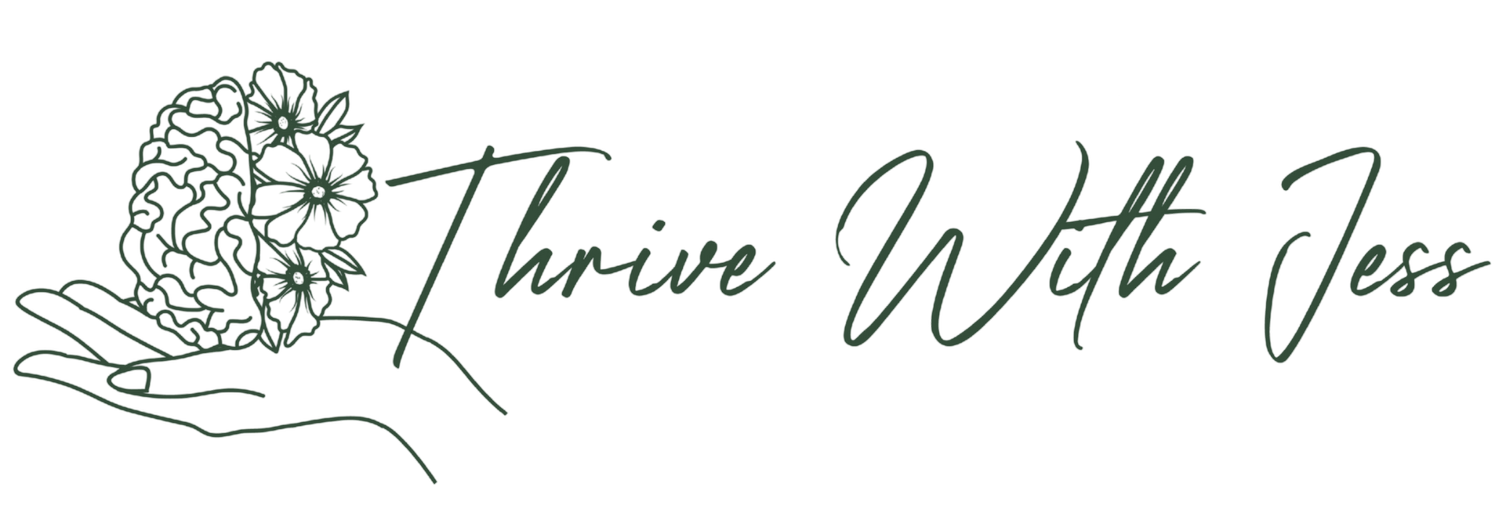When Your Inner Critic Won’t Shut Up
Why You’re So Hard on Yourself — and How to Quiet That Voice
Have you ever bumped into something and immediately thought, “Ugh, why are you such an idiot?”
Or maybe you finally take a day to rest and your mind chimes in with, “You’re so lazy.”
That’s your inner critic talking. And wow — it can be exhausting.
I think about this a lot in sessions: how harsh and unforgiving our inner voice can be. It reminds me of that saying, “kicking a man while he’s down,” except in this case, the one doing the kicking... is also the one lying on the ground.
So What Is the Inner Critic?
The inner critic is that negative, judgmental voice in your head. It causes you to doubt yourself, question your worth, and shame yourself — especially when you make a mistake or simply exist in a way it deems “wrong.”
It’s not just self-talk. It’s often a full-blown internal narrative.
Where Does It Come From?
That’s a big question and the short answer is: a lot of places.
So much of how we relate to ourselves is shaped by what we’ve lived through: the good, the bad, and everything in between. You might have learned to be critical of yourself because that’s how others treated you. Maybe you heard things like:
“You should know better.”
“Stop being so sensitive.”
“Boys don’t cry.”
Maybe you lived through something traumatic, and your brain decided the best way to protect you was to criticize you — as if being harsh could stop the pain from happening again. (Spoiler: it doesn’t work.)
Sometimes the inner critic sounds a lot like a parent, teacher, coach, or even a character from TV. One question I often ask clients is:
“Whose voice does it sound like?”
Why Do We Listen?
One of my favorite reminders is:
Don’t trust everything you think.
But for many people, the inner critic’s voice has been around so long that it doesn’t feel like a “thought”, it feels like truth.
And in a way, it gives us a false sense of control.
If I can be hard on myself first… maybe no one else will be.
Here’s the thing: the inner critic often started as a protector. It was trying to keep you safe or motivated. But now, it’s outdated, rigid, and painful.
The Cost of Constant Criticism
The longer we carry this voice, the heavier it gets.
It can feed anxiety, perfectionism, and burnout.
It can make us people-please just to avoid feeling “not good enough.”
It can erode self-worth, connection, and joy.
And often, the more we achieve or give or perform… the louder the voice becomes.
How Therapy Can Help
There’s no magic wand to make the inner critic disappear — but therapy can absolutely help you stop believing everything it says.
One approach I use in my practice is EMDR (Eye Movement Desensitization and Reprocessing).
EMDR helps get to the root of those critical messages — often unprocessed trauma or moments of deep shame or rejection.
It helps your brain “unstick” from those old memories so they stop feeling so present and powerful.
When that happens, something shifts. You start seeing yourself with more grace. And the critic? It starts to lose its grip.
I also use expressive arts therapy to help clients give shape to the inner critic — to draw it, move through it, or externalize it so it no longer defines them.
Sometimes we need creativity to access healing in ways words can’t.
Final Thoughts
The inner critic is a part of being human. But it’s not the only voice inside you — and it’s definitely not the truest one.
You don’t have to silence it completely.
You just don’t have to hand it the microphone anymore.
If this resonates...
Save this post or share it with someone who needs it.
Or, if you’re tired of living at the mercy of your inner critic, therapy can help.
You're allowed to be gentle with yourself. Really.
